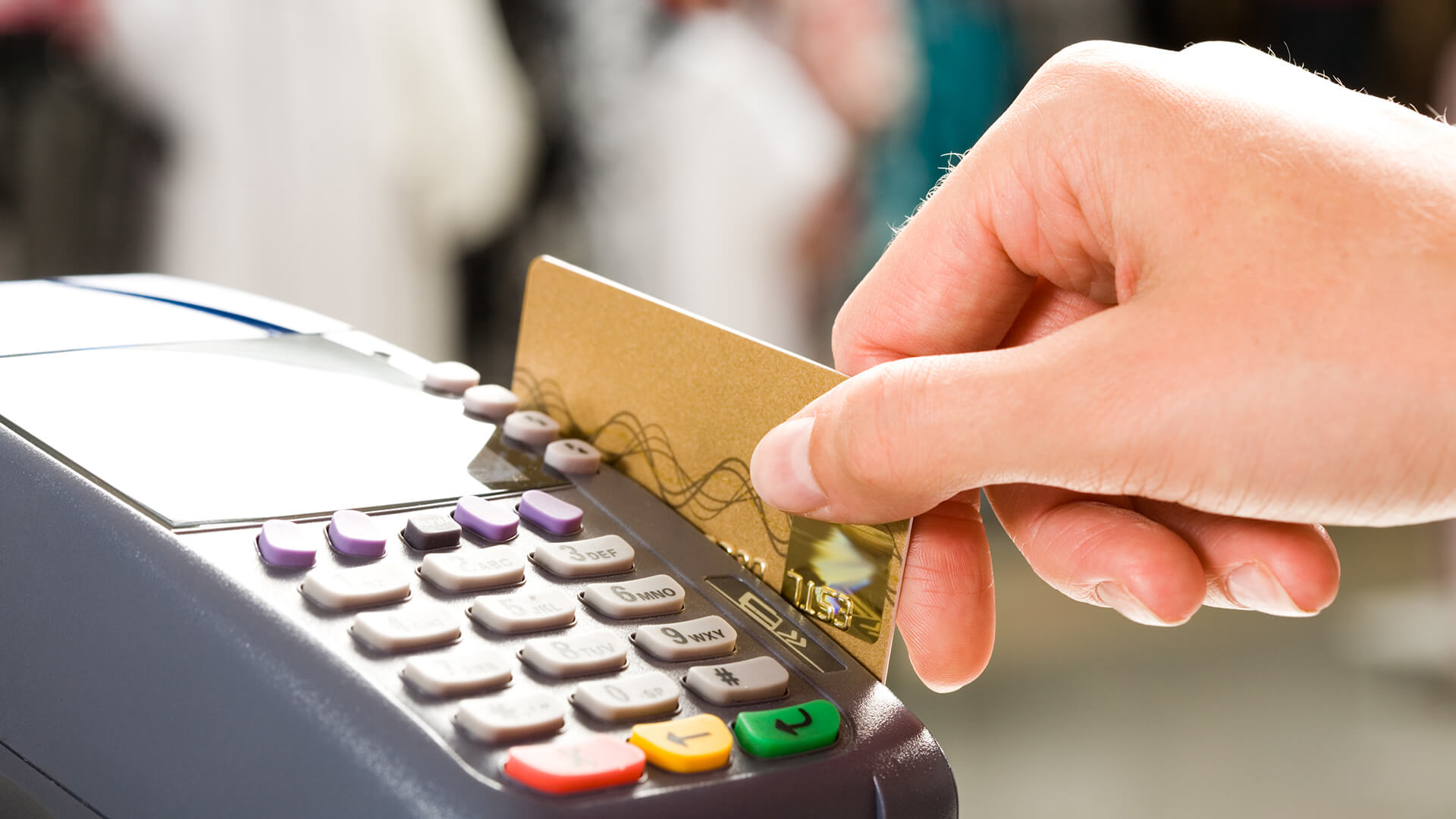Why physical currency in a digital economy is still a must for UK travelers
Trailing closely behind Sweden and Canada, the United Kingdom is the world’s third most cashless society. According to UK Finance, cash will be used for a mere 21 per cent of all payments by 2026. Increasingly, countries around the world are making definite moves towards a futuristic economy based on fully digital transactions for goods and services, with cash often portrayed as obsolete. In Sweden, 80 per cent of all transactions are made by cards via the mobile payment app, Swish.
However, deeming the role of cash in society as obsolete – according to travel money provider WeSwap – is far from accurate. WeSwap’s Founder and CEO Jared Jesner believes that as a nation, our adoration of travel means that although we are moving closer towards becoming a cashless society within our own borders, when we go abroad this all changes- people still like the comfort of cash in their pocket when they explore the unknown. According to a report in Reuters citing the Bank for International Settlements, the study found that the use of cash is actually rising in both developed and emerging markets. “Some of the breathless commentary gives the impression that cash in the form of traditional notes and coins is going out of fashion fast,” said Hyun Song Shin, BIS economic adviser and head of research “despite all the technological improvements in payments in recent years, the use of good old-fashioned cash is still rising in most, though not all, advanced and emerging market economies.” Furthermore, the Bank for International Settlements found that in recent years, the amount of cash in circulation has increased to 9 percent of GDP in 2016 from 7 percent of GDP back in 2000. That said, the same study stated that debit and credit card payments represented 25 percent of GDP in 2016, up from 13 percent in 2000.
Cash’s resiliency comes at a time when the odds are seemingly stacked against its historically ubiquitous presence, with the critical mass of consumers owning more credit and debit cards today than ever before, using them for smaller transactions than in years past. Moreover, thanks to new technologies, consumers are able to use contactless payments via their mobile devices to pay for things in record numbers. These now societal norms have led to predictions that cash is dying as the world moves to digital payments. WeSwap asserts this prediction as flawed.
Jared Jesner, WeSwap’s CEO, was surprised to learn how integral cash remains to society when he founded the digital payments start-up. Despite being credit card-dependent at home, travelers inevitably need to access hard currency beyond UK borders, especially as UK residents going abroad can never be certain how many shops, restaurants, or tourist attractions will accept credit cards. Jesner is optimistic about the potential to change the landscape of payments, having founded WeSwap to make currency exchange cheap and fair for ordinary people “I’m incredulous to the fact that we still ‘buy’ money when we should just be swapping with each other.”
With Futurologists long predicting cash will one day become obsolete, contextualised by the advent of blockchain technology, mobile money and similar innovations, a transition towards a more cashless society is inevitable, but not to the extent where notes are no-more. For all the convenience that digital payments offer, travelers remain reluctant to fully part with their hard currency. WeSwap believes that a security-based connection secures the role of cash amongst travellers—and creates a need for a fair and transparent currency exchange.























